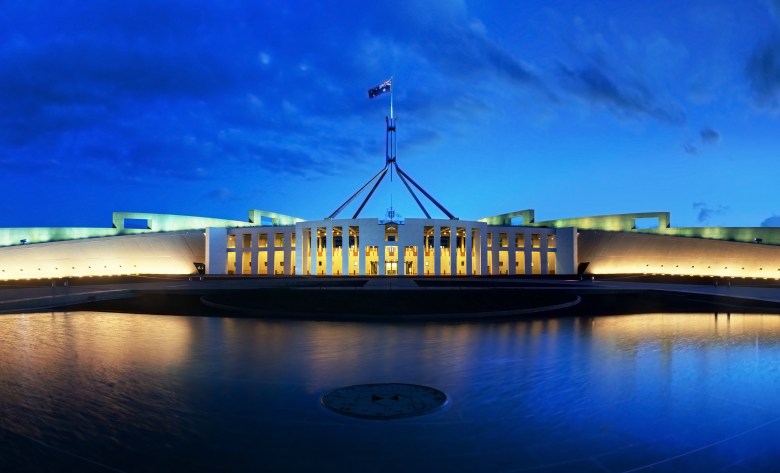
The federal government has launched an inquiry into the printing standards for documents presented to Parliament and their necessity ‘in an increasing online environment’.
The inquiry is being spearheaded by the Joint Committee on Publications, which is inviting interested persons and organisations to make submissions on the terms of reference it has set out by January 3, 2017.
The inquiry has sparked fears it will impact multimillion dollar contracts between government and print businesses commissioned to produce print work for government departments such as annual reports and electoral material.
Printing Industries Association of Australia CEO Andrew Macaulay says the association’s director of government relations Mary Jo Fisher is currently drafting a submission defending print.
Macaulay says, “Printing Industries will be lodging a submission advocating the importance of print as the media for public record, for prints durability, and for prints accessibility.”
The terms of reference include:
‘To inquire and report on the printing standards for documents presented to Parliament, with particular reference to:
- the current level of need for printing standards and scope of their application;
- minimum standards required by the Parliament to ensure the ongoing integrity of access to parliamentary records (including for distribution, long term storage, handling and archiving, and given its custodial role in preserving parliamentary records);
- impacts of Parliamentary printing standards on producing and receiving entities;
- costs of producing Commonwealth documents and value for money;
- the impact on the standards of the Parliamentary Papers Series (PPS) shifting to online-only format from 2017 onwards;
- consequential standards to preserve public access to documents presented to parliament in an online environment (c.f. other Commonwealth accessibility requirements); and
- the practicality of the PPS in an online environment and the functions of the Joint Committee on Publications.’
David Downie, director of Melbourne's Kosdown Printing, which has been printing electoral material for the past 25 years says he was unaware an inquiry had been launched.
He tells Australian Printer, “A think a larger impact is the cost of postage, I think that would have more of an impact than printing costs for the government.”
Last month, government-owned entity Australia Post and its CEO Ahmed Fahour faced the Senate Environment & Communications Legislation Committee over the increasing charges associated with sending business mail.
Fahour declined to comment on whether the cost of sending business letters had increased at a faster rate than ordinary mail since 2011 but blamed digital for any changes.
“Every business out there is encouraging customers to go online, and whether our prices are at 50 cents or 60 cents, businesses pay a 25 per cent discount compared to what consumers pay,” Fahour told the committee.
“Businesses are getting a cheaper price versus a consumer and they are all substituting as fast as they can to digital forms, what we are doing is at least recovering costs from the services we provide.”
Comment below to have your say on this story.
If you have a news story or tip-off, get in touch at editorial@sprinter.com.au.
Sign up to the Sprinter newsletter

